The Legalities Of Autonomous Cars And What It Means For Us As "Drivers"
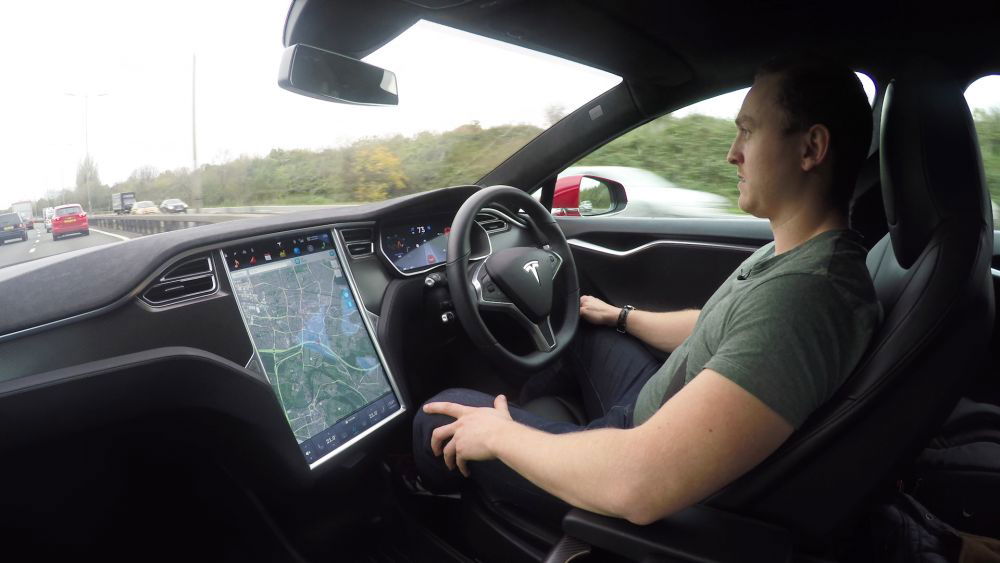
With Volvo announcing the release of its new semi-autonomous S90, and Tesla’s Autopilot cars already on our roads, we thought that it would only be right to look into the legalities of autonomous vehicles and what it means to us as petrolheads.
The current legal position: who is responsible?
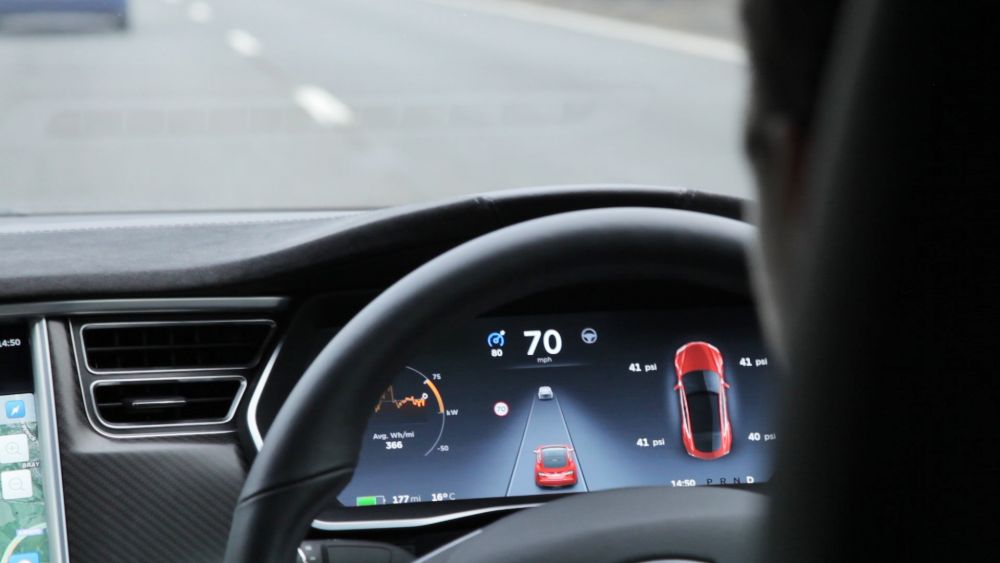
The Department for Transport (DfT) is the UK’s governmental body responsible for Britain’s transport network. In its detailed Code of Practice and action plan review, the DfT outlined how autonomous vehicles should be introduced onto UK roads.
The key highlights are that the driver must have a full driving licence, the car must be fully insured, and the driver must act as if the car is being driven under normal conditions. So sitting in the back while recording yourself being driven by the car is not allowed. Obviously. In addition, the car must also feature a black box in case of an accident, and most importantly, the vehicle must have a manual override system.
As a result, the driver is still technically in control of the vehicle. So if an accident does occur, or if the vehicle is stopped for speeding, the driver will be liable, not the manufacturer. So even though your Tesla can drive itself, protect you from a chemical attack, and even put itself to sleep, it sadly can’t get you out of your speeding tickets.
How will if affect my insurance premiums?
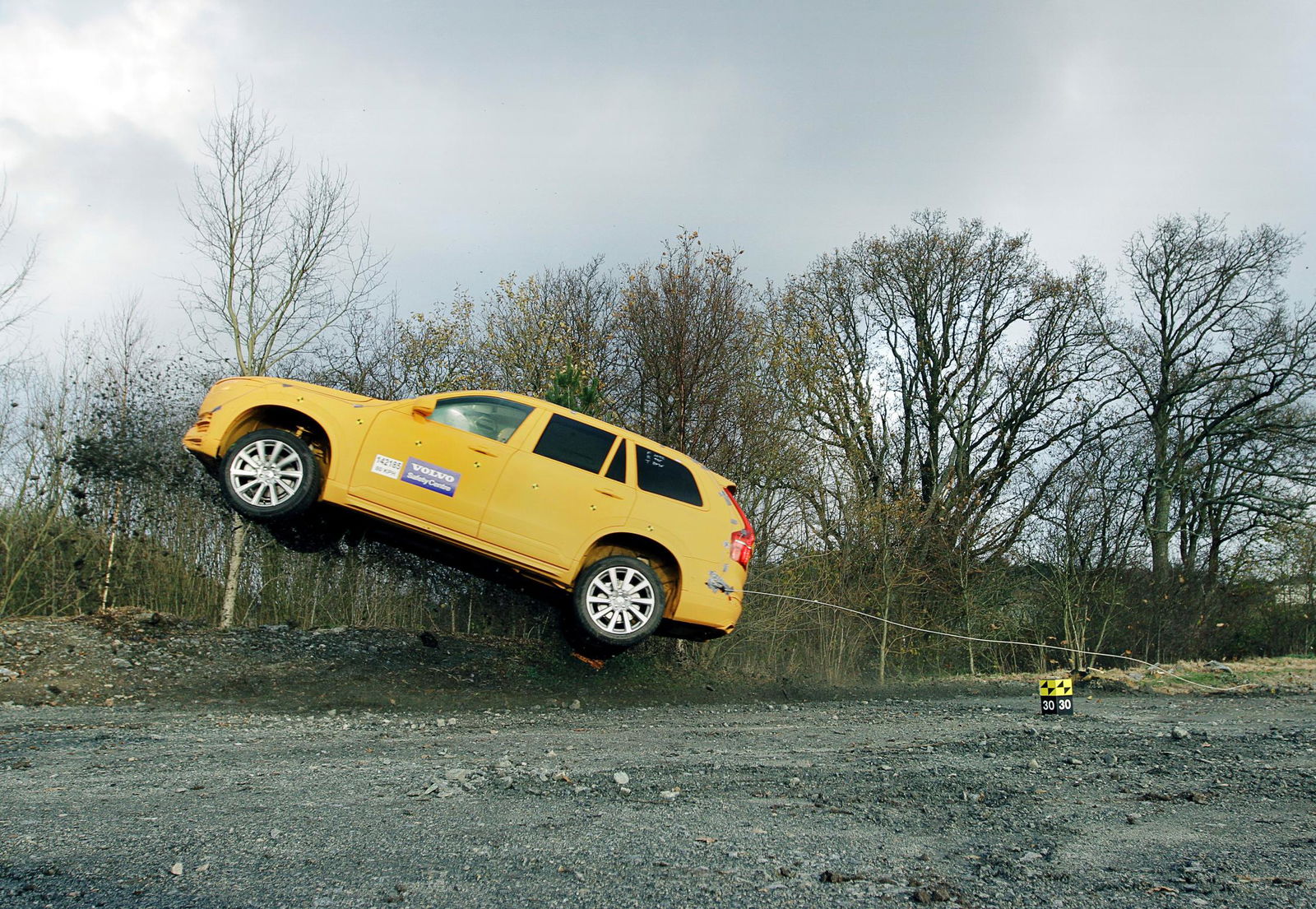
Currently, all autonomous cars like the Tesla Model S will need to be insured in the traditional fashion. But there are some significant benefits that come with driving an autonomous vehicle. For example, a recent Euro NCAP report demonstrated that systems such as autonomous emergency braking (AEB) can lead to a 38 per cent reduction in real-world rear-end crashes. Now in isolation, this information doesn’t mean an awful lot. But what it equates to are significant savings for motorists.
The Association of British Insurers (ABI) has stated that vehicles fitted with AEB fall into lower insurance brackets, and will therefore attract lower premiums. Consequently, we can expect this to apply to other autonomous tech once the safety benefits have been supported by real-world studies.
Who'd be at fault if a fully autonomous car crashes?

As car enthusiasts, we desperately hope that we never see the day where cars become fully autonomous. But law makers and politicians see things quite differently and are pushing for Britain to become the centre of autonomous technology.
If cars do gofully autonomous, then personal insurance would effectively become redundant. Instead, any claims would likely be assigned to each individual manufacturer. And personal insurance would only be required for incidents like vandalism and theft. Consequently this would potentially kill the insurance industry and lead to far tighter restrictions on driving cars that actually need human input.
What about cyber terrorism?

In April 2015 the US Accountability Office highlighted serious safety flaws with planes featuring in-flight WiFi. The basic summary was that a ‘malicious attacker’ could use the in-flight WiFi to gain control of a plane and potentially cause it to crash.
Autonomous cars are also at risk of a similar type of attack, and in a report by the FBI, the agency expressed its concern that criminals could potentially hack certain vehicles to use as “lethal weapons”. So even though personal insurance could be made redundant, you might have to buy specific cyber insurance to protect yourself. Now that’s certainly not something you need for your e46 M3.
What about manufacturer freedom?
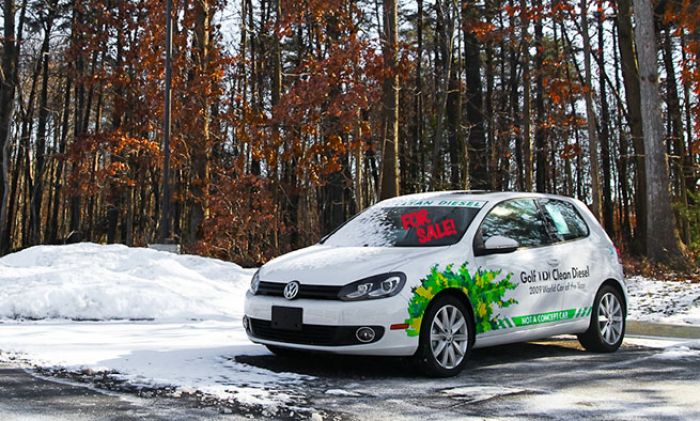
On the face of it, the long-term future for sports cars looks bleak. As manufacturers such as Mercedes, BMW and Volvo start to roll out their autonomous cars, new regulations will have to be developed. That means more government intervention into complexities such as licensing, road laws and even the design of vehicles.
As a result, more and more control will be taken out of car makers’ hands. We’ve already seen this change with emissions requirements, so it is only a matter of time until the same applies to autonomous technology.
What about our freedom: A way forward?

For many of us, we feel that driving is a form of personal freedom. You might even go so far to say that having control of your own vehicle is a human right. So it’s therefore natural to be apprehensive about the autonomous car and government intervention. However, it is important to remember that we, the buyers, will be able to shape decisions made by the regulators and manufacturers.
The best result we can hope for is that they find a happy medium between automation and manual control. Traction control systems are a case in point. In the two wheeled world, for instance, when traction control was first introduced, it was seen as a technology that ruined the riding experience. But as the technology has developed, and become more advanced, it has evolved into a function which actually assists the rider; it’s a tool to go faster, rather than something that holds you back.
So if Tesla and other manufacturers can develop automation with a similar mindset, we might end up with cars that simply add to the driving experience. Maybe, then, the world won’t be all doom and gloom after all…
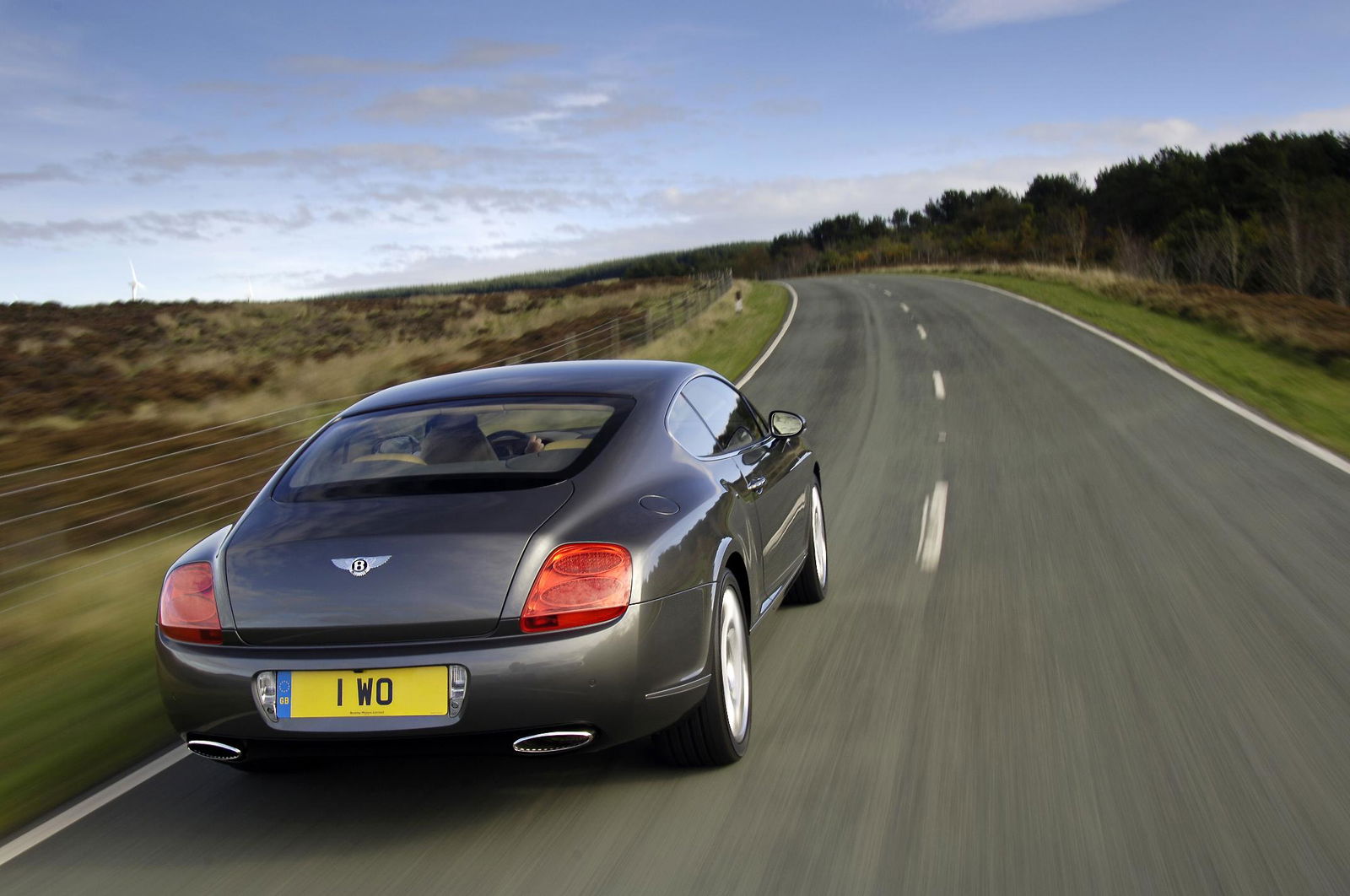

Comments
“In April 2015 the US Accountability Office highlighted serious safety flaws with planes featuring in-flight WiFi. The basic summary was that a ‘malicious attacker’ could use the in-flight WiFi to gain control of a plane and potentially cause it to crash.”
This Statement is False, this was proved to be untrue as the flight systems of a modern aircraft are on a completely and solely separate system than the onboard entertainment components.
This problem goes way beyond cars too. Nowadays everything will always insult someone. Everything has to be perfect. There’s no room for fun anymore. We’re facing a very grey future right now.
The only thing i like about this is killing the insurance industry because right now these c*nts are rolling in money from teenage drivers.
Actually wrote my semester assignment on this. Makes for an interesting research session.
I’m sure i can take a decent guess at the answer, but do the systems affect the laws on mobile phone usage?
I always will say we have buses and trains for people that don’t want to drive. Less cars + less autonomous car = More room for people like us and our cars.
If Autonomous cars will be made for daily use while the “Drivers” laze around with their phones and stuff, then why would the “Drivers” get their Driver’s Licence in the first place?
Interesting read!
One thing this doesn’t point out though (which i’ve just thought of): what’ll happened to used cars? (more specifically, classic cars)
Realizing there’ll be laws regarding autonomous cars someday, is it possible that the ‘oldschools’ will be banned from the road someday, effectively sending them to museums? I doubt it’ll be so if there were a 3rd party companies providing some sort of a ‘package of autonomous parts’ that needs to be fitted at the shop, but there’s the other possibility that won’t happen either :(
When Autonomous cars start outselling the conventional car, it is up to us petrolheads to keep the ‘old skool’ steering wheel alive. Also, what happens with the 50’s, 60’s and 70’s classics? Is it going to be like the old Model T? You never really see them on the road? That will be a sad day. I do look forward to one thing though. Being able to drive a fully manual car, when many people won’t be able to.
Pagination